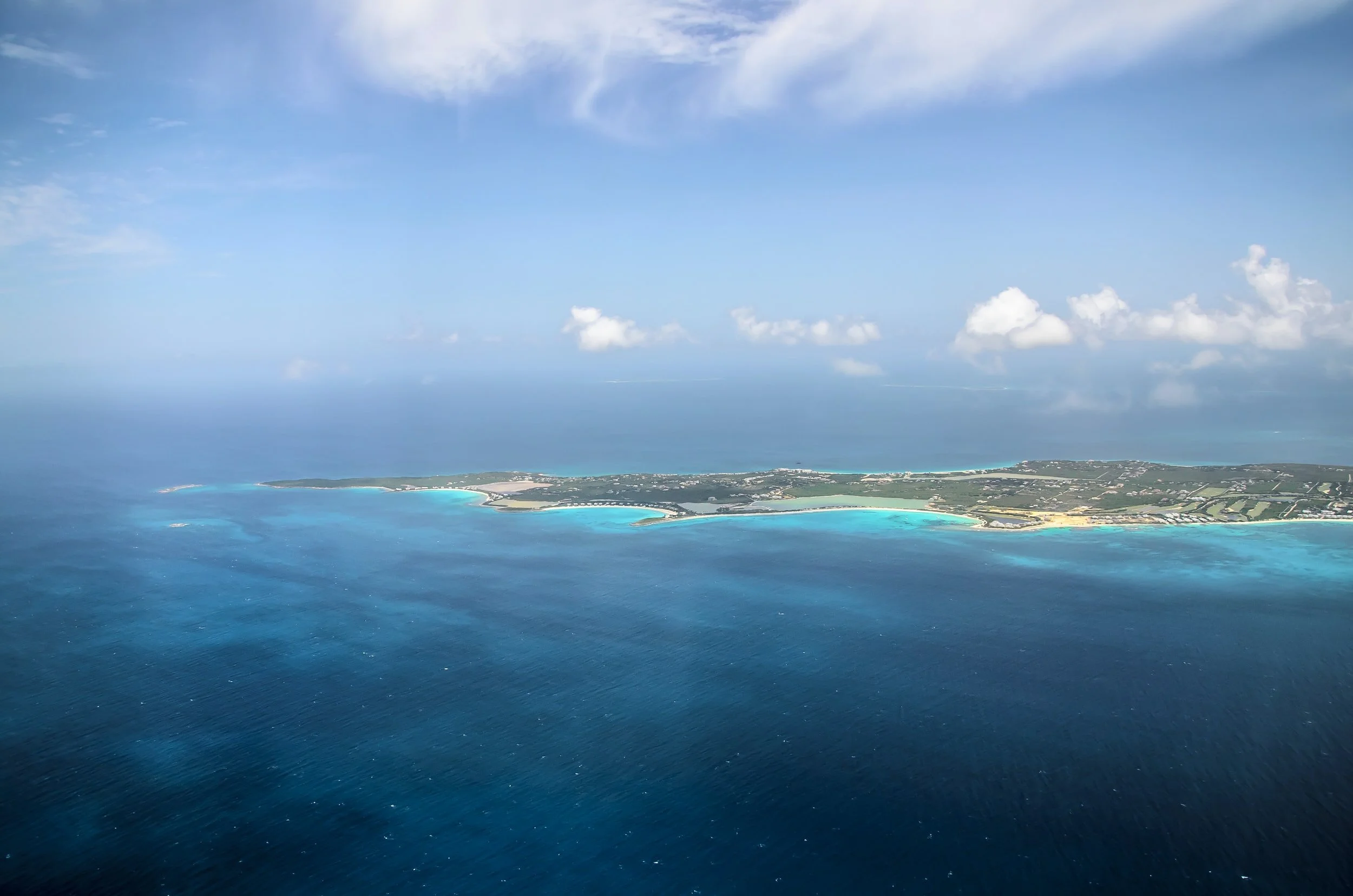For Filipinos: How to find jobs abroad and become an OFW (Overseas Filipino Worker)
I’ve worked as an OFW in Kuwait and Kurdistan, Iraq for 4 years. It certainly was a great life experience... I met new friends. I earned more money than I would get in the Philippines. I discovered new places and was able to deeply immerse in their culture. I jumped across my safe zone to discover what’s on the other side, and I learned a lot from it including the fact that it’s not easy. Nothing is easy actually, we really have to work hard.
This post is for the benefit of the OFWs and people who want to seek greener pastures in a foreign country. I want to use this platform to be able to be of help to our kababayans. Here, I’ll discuss the following:
How you can find a job overseas
The purpose of different government agencies such as POEA, OWWA, TESDA, etc.
How to avoid illegal recruiters and how to spot one
HOW YOU CAN FIND JOBS ABROAD
1. Apply through the POEA’s Government Placement Branch (GBP)
The GBP serves as POEA’s in-house recruitment and job placement facility. For me, this is the best way to find a job abroad. Since you are protected by the mantle of the government, the job offers that they are posting are certainly legal and the employer is a good one. Also, you do not have to pay a placement fee. Check out GBP's job vacancies here.
2. Apply through a POEA licensed recruitment agency
Hindi kaya i-accommodate ng GBP ang lahat ng gustong mag-apply na OFW sa buong Pilipinas. This is one of the reasons why there are recruitment agencies licensed by the POEA. Let me reiterate na dapat you are dealing with a licensed recruitment agency. Ngayon paano mo malalaman kung licensed ba talaga sya? Check out the list of licensed POEA Accredited Agencies here. Check mo yung name ng agency mo (kung meron na) or dyan ka maghanap ng agency na pwedeng makatulong sayo.
3. Through your connections
It is almost impossible not to know someone who is working abroad. Magtanong tanong ka sa mga kamag-anak or kapitbahay mo. From there, ask about their agency, requirements, etc. Ask what you want to know. But always go back to #2: The agency must be licensed by the POEA.
4. Through direct hiring
Eto medyo mainit init na topic to. Generally, illegal and direct hiring ng foreign employer sa filipino worker. Pero pwede ito for: members of the diplomatic corps, international organizations, heads of states and government officials with the rank of at least deputy minister, close relatives, and other employers as may be allowed by the DOLE Secretary (so dapat updated tayo lagi sa mga POEA Rules).
Marami ditong may relatives na nagwo-work abroad tapos nire recruit din sila. Ayan pwede yan! Pero again check POEA Rules kasi minsan sinususpend nila to.
DIFFERENT GOVERNMENT AGENCIES AND THEIR FUNCTIONS EXPLAINED
It is very important that you are documented as an OFW. Hindi pwedeng TNT ka lang at sayo rin babalik yan pag nagkataon. When you are documented, you’ll have the protection of the Government as well as the benefits given to OFWs. These Government Agencies could help you as an OFW/aspiring OFW:
Department of Foreign Affairs (DFA)- The DFA is tasked to provide Filipinos with consular services such as passport application, passport renewal and red ribbon authentication of documents. They are also the one in charge with the Overseas Absentee Voting (in case magka eleksyon while you’re out of the country) together with the COMELEC.
Department of Health (DOH)- They provide the Accredited List of Medical Facilities for Overseas Workers and Seafarers where you can go to take your medical exam, get a treatment, etc. They also have various programs which are beneficial to OFWs like the proposed OFW Wards in 70 public hospitals.
Department of Labor and Employment (DOLE)- It is tasked with the enforcement of the provisions of the Labor Code of the Philippines such as workers’ rights and welfare, labor legislation, wage standardization, etc. They work hand-in-hand with the OWWA and POEA.
Department of Social Welfare and Development (DSWD)- They have this International Social Welfare Services for Filipino Nationals program which is carried out through the deployment of social workers abroad who provide psychosocial interventions and other welfare and protection services to migrant Filipinos particularly the undocumented and the distressed. So if you need any help, they could just be around the country where you’re in.
Philippine Overseas Employment Administration (POEA)- The POEA play a very crucial role in the recruitment and deployment of Filipino workers. It caters to the needs of OFWs such as Industry Regulation, Employment Facilitation, and Workers Protection and has 5 major functions:
1. Recruitment Agency Status Verification- On this link, you can type the name of a recruitment agency and check its status whether licensed, suspended, and permanently banned or closed down.
2. Pre-Employment Orientation Seminar (PEOS)- This is one of the most important things that an OFW needs to do: sign up for PEOS to: Know and understand the pros and cons of working abroad, Guidelines and legal procedures of overseas job applications, Required documents and fees for overseas job applications, How to avoid being a victim of illegal recruitment, as well as Government services that prospective and hired OFWs can avail of.
3. Frontline Services- Some of the documentations that you need to work as legally abroad can be obtained from the POEA. This includes: Registration of land-based applicants for overseas employment, Registration of Seafarer’s Registration Certificate applicants, Documentation of land-based name hires or direct hires, and Hiring and placement of government-hired workers.
4. Complaints Division- Anyone who experienced irregularities/recruitment violation with their agency who wants to file a complaint may do so at the POEA’s Docket and Enforcement Division.
5. Processing of Overseas Employment Certificate- They are in charge of processing the Overseas Employment Certificate (OEC). Now, what is OEC? (It is very important)
This document is a proof that the holder is a documented OFW who is permitted to leave the Philippines to work abroad.
It serves as an exit pass that one needs to show the immigration officer at the airport (if you have this, you won’t have to fear being held up at the immigration).
This document likewise exempts an OFW from paying the terminal fee and travel tax (you have to show this document at the airline/tax counter so you can get a refund just in case you paid it already).
It’s also a proof of payment of PAG-IBIG and PhilHealth contributions, as well as the POEA processing and OWWA membership fees.
It is often a requirement for housing loans and personal loans application.
Overseas Workers Welfare Administration (OWWA)- The OWWA is an attached agency of the DOLE and is the lead government agency tasked to protect and promote the welfare and well-being of Overseas Filipino Workers (OFWs) and their dependents. It is the agency responsible for:
1. Pre-Departure Orientation Seminar (PDOS)- PDOS is a seminar which is required for Filipinos who are already hired and are about to leave to work abroad.
2. Social Benefits- This includes disability and dismemberment benefit, death benefit, scholarship programs for OFW dependents, Enterprise Development and Loan Program, and a whole lot more. They also provide Education and Training Program for OFWs. (These are some things you’d miss out when you choose to be a TNT!)
10 TIPS ON HOW TO AVOID ILLEGAL RECRUITMENT
The POEA has come up with these tips to avoid illegal recruitment:
1. Do not apply at recruitment agencies not licensed by POEA. Again, check out POEA’s Recruitment Agency Status Verification Website to know if the agency that you are dealing with is licensed.
2. Do not deal with licensed agencies without job orders. Check out the list of available job orders here.
3. Do not deal with any person who is not an authorized representative of a licensed agency. Always ask for the company ID of the person you’re dealing with and call their office to know if this person is employed by them.
4. Do not transact business outside the registered address of the agency. If recruitment is conducted in the province, check if the agency has a provincial recruitment authority.
5. Do not pay more than the allowed placement fee. It should be equivalent to one-month salary, exclusive of documentation and processing costs.
6. Do not pay any placement fee unless you have a valid employment contract and an official receipt. Please always remember this. Wag po tayo magbigay ng pera na wala namang kasiguraduhan. Always ask for these things!
7. Do not be enticed by ads or brochures requiring you to reply to a Post Office (P.O.) Box, and to enclose payment for processing of papers. This is a big no-no! You don’t even know the person that you are dealing with tapos magpapadala ka ng pera? Wag po tayo magpaloko!
8. Do not deal with training centers and travel agencies, which promise overseas employment. These training centers and travel agencies are not Licensed Recruitment Agencies. (See Tip #1)
9. Do not accept a tourist visa. You should have a valid working visa. If they give you a tourist visa, it’s mostly a scam!
10. Do not deal with fixers. Not only you’ll incur additional expenses, you might not get a job too because it’s very risky.
FAQS:
1. What’s the difference between the OWWA and POEA?
Sometimes it’s hard to draw their differences because they work closely together in promoting the welfare of the OFWs and often times their duties overlap.
But to be clear, The POEA provides services to help aspiring OFWs achieve legal status through proper documentation before leaving the country for overseas work. On the other hand, OWWA handles concerns of OFWs who are already working abroad.
2. Where can I apply for the OEC?
You can apply for an OEC in the Philippines at the POEA main office or any POEA regional office. Bring your valid passport with working visa and proof of OWWA membership together with the OFW info sheet which can be accomplished there.
3. Why is a job order important?
A job order certified by the POEA proves that there is a legitimate employer who needs the manpower. Pag may job order, hindi ka na mag aantay ng pagka tagal tagal because ready na ang work at manpower na lang ang kulang.
4. What is “manpower pooling”?
This means that the agency is gathering resumes of potential employees so when the job order is approved, they can present their “pool of manpower” to the employer.
5. Is “manpower pooling” illegal?
No. It is fine.
6. What if I have a problem with my recruiter?
Again, anyone who experienced irregularities/recruitment violation with their agency who wants to file a complaint may do so at the POEA’s Docket and Enforcement Division.
7. What if I have a problem with my employer?
Any of the Government Agencies mentioned above could be of help. Lumapit ka sa kahit kanino sa kanila and they will be the one to coordinate with each other especially if it’s urgent. If you’re already abroad, then the Philippine Embassy will be the best option.
8. Is the PEOS and PDOS required?
Yes i’s mandatory. Para din po sa ikabubuti natin yan kaya wag natin syang tignan as a burden/hassle.
9. Any tips when I finally start working on a foreign country?
Always keep emergency contact numbers such as the hospital and the Philippine Embassy. You’ll never know what’s could happen so familiarize yourself with how to go there too. If you’re in need, contact the AKO OFW Organization to help you (they are also on Facebook).
We have also partnered with World Tesol Academy to provide an online TESOL certification course for the lowest price you will find anywhere – $34 USD! We recognised how badly affected many people around the world have been by the Covid / Coronavirus situation. So, we spent a lot of time discussing with this great company how they could come up with an affordable solution to help people afford the opportunities that an online TEFL / TESOL certification can bring.









![How to Use Instagram to Promote Your Travel Blog & Earn Money [Digital Marketing Tips]](https://images.squarespace-cdn.com/content/v1/5806a87f6a4963c2ddce112c/1584528831807-78QSGIBZEOOQLPGIPPPF/image-asset.jpeg)




![Guide on Getting a Montserrat Digital Nomad Visa [Montserrat Remote Work Stamp]](https://images.squarespace-cdn.com/content/v1/5806a87f6a4963c2ddce112c/1615391050546-DR07HM5P8E97S1F72PPF/Montserrat+01.jpg)